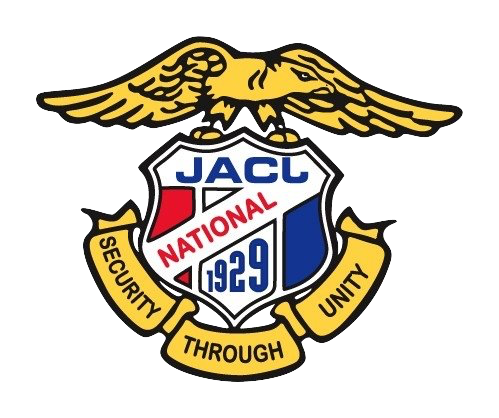Tsuru For Solidarity Fold In Workshop
Hosting a Fold-in Workshop
Introducing TFS
The movement: Tsuru for Solidarity is a direct action, nonviolent project of activists and allied organizations within the Japanese American community. We work to end U.S. concentration camps and support immigrant and refugee populations targeted by inhumane and racist immigration policies, grounding ourselves in our collective history and moral authority as survivors and descendants of the WWII prison camps. As a formerly targeted community and as allies to those currently under attack, we demand that this country stop repeating history.
As a movement, our mission is three-pronged. We strive to:
Educate, advocate, and protest to close all U.S. concentration camps;
Build solidarity with other communities that have experienced forced removal, detention, deportation, and separation of families; and
Coordinate intergenerational, cross-community healing addressing the trauma of our shared histories
Events
The importance of a fold-in: “Tsuru” is the Japanese word for “crane,” and has long been a symbol of hope, strength, and resilience in Japanese and Japanese American culture.
As part of our protest, we are folding 125,000 cranes to be brought to Washington D.C. during the National Pilgrimage to Close the Camps in June of 2020 (see below). These cranes will be hung on the White House fence to demand that the government close the U.S. concentration camps immediately and remember the damage that was done during WWII.
We are accepting cranes from all over the country and all over the world up until May 1st! See below for the addresses to which cranes should be sent.
National Pilgrimage to Close the Camps: We plan to bring 125,000 paper cranes, or tsuru, to the White House as expressions of solidarity with immigrant and refugee communities that are under attack today. The 125,000 cranes represent the members of our community who were rounded up and incarcerated in U.S. concentration camps during World War II, including both Japanese Americans and Japanese Latin Americans.
Caravans: Additionally, in the days preceding the D.C. program, a caravan of buses will leave from Los Angeles and other locations. These buses will carry a smaller group of activists to World War II concentration camp sites and present-day immigrant detention sites, where they will join in solidarity with local activists who are leading efforts to shut down these sites. The caravan will then join the larger group in Washington, D.C. We are also working to schedule meetings with members of Congress while the caravan is en route.
Structure
Structure may vary depending on the audience for the fold-in, the size, the formality, etc. If you are working with a larger group, you may want to present some basics of the movement at the beginning. A rough outline for an hour-long fold-in might look like this:
10 min: Introduction to movement
Fort Sill protest video (June 2019)
Protest at Yuba County ICE detention facility (January 2020)
Folding lesson
Free fold
Activity/discussion
More resources are available at https://tsuruforsolidarity.org/ . Videos and other information can be found there.
Activities/Discussions
At Tsuru for Solidarity, we use the Marshall Ganz framework to tie our own experiences to what’s going on today.
The Marshall Ganz framework is an especially powerful way to tie your personal/family story to our calls to action. Like the Values/Problems/Solution/Action framework, it begins and ends with shared values and a call to action, but the middle is more personal. According to Marshall Ganz, a public story includes three elements:
● A story of self: Why you were called to what you have been called to.
● A story of us: What your constituency, community, organization has been called to; its shared purposes, goals, vision.
● A story of now: The challenge this community now faces, the choices it must make, and the hope to which “we” can aspire.
We encourage the use of this structure to build bridges both with Japanese American/AAPI participants, but also with individuals from other communities.
Note: Fold-ins do not always have to involve this intensity or level of discussion! These events can also be informal and conversations may happen naturally.
How to fold a crane
More information is available at https://tsuruforsolidarity.org/tsuru-resources/ on how to fold and string cranes.
If you’ve got cranes to send, they can be mailed to one of these locations:
JACL Chicago
5415 N. Clark St,
Chicago, IL 60640
National Japanese American Historical Society
1684 Post St.
San Francisco, CA 94115
Duncan Ryuken Williams, ℅ Ito Center
825 Bloom Walk, ACB 130D
Los Angeles, CA 90089-1481 